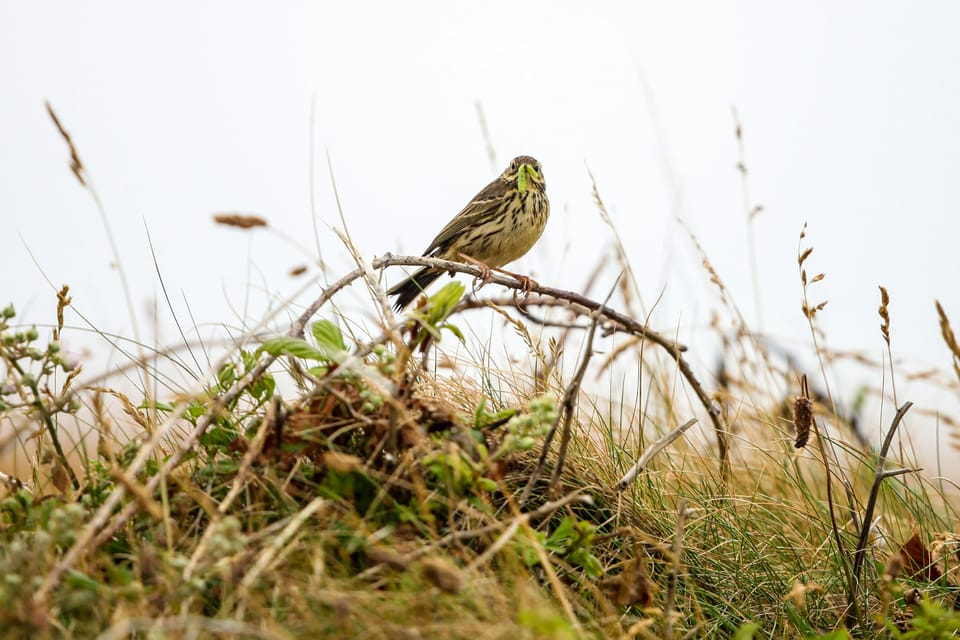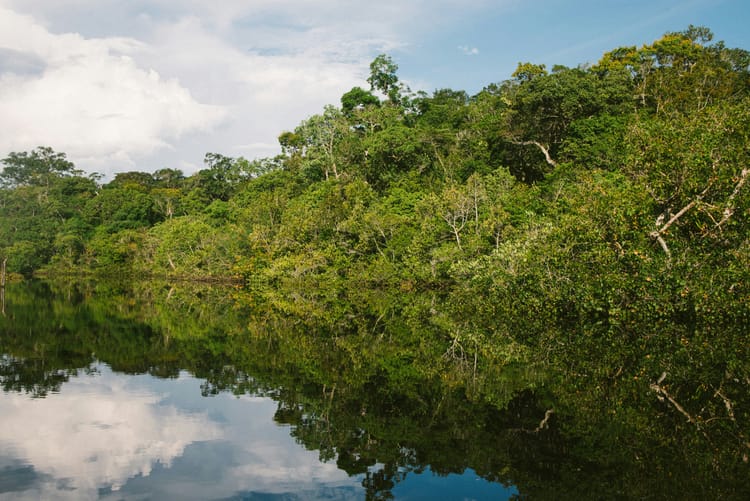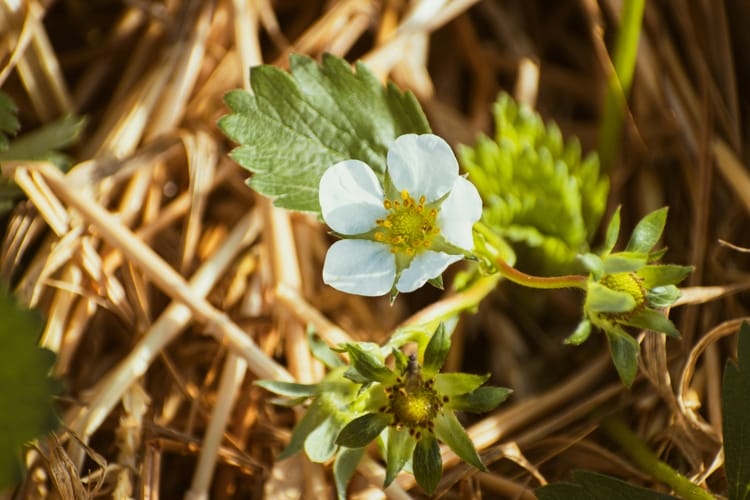Biodiversity Net Gain market expected to reach £3bn by 2035
Farmers are positioned to benefit the most from the scheme.

Based on the current number of habitat banks and those in development, the market for mandated Biodiversity Net Gain credits in the UK is expected to reach £3 billion by 2035, a new study has found.
Biodiversity Net Gain (BNG) is a mandatory nature recovery scheme that entered into force in 2024 in the UK, requiring real estate developers and local planning authorities to offset the expected biodiversity loss of their projects through investment in nature recovery – either on or off-site.







